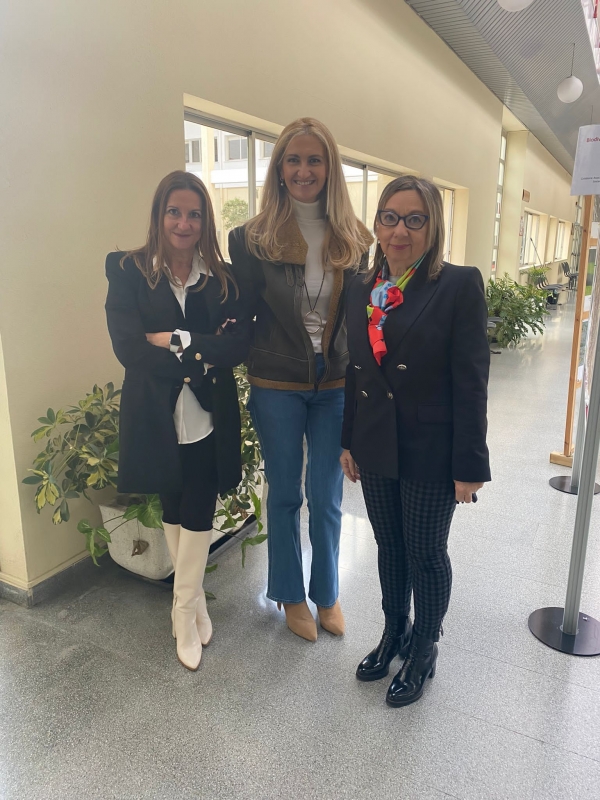What are the characteristics that define Europe? What makes it different? How can European values be conveyed creatively to schoolchildren? Research teams from nine countries, united to form the "European Culture Project" (PCE), strive to answer these questions.
Universities, teacher training centres and educational institutions from Germany, Lithuania, France, Slovenia, Hungary, Bulgaria, Holland, Ireland and Spain have teamed up on this project in an attempt to define what European culture is, and to use teaching to convey these values to students in an original way. In the case of Spain, it will be done through gastronomy. To this end, each of the participants has focused their study on different aspects, such as history, geography, and the values that define Europe, and will design teaching units to explain and disseminate the European identity at educational centers of the Union.
The PCE features several stages of development, beginning with the diagnosis and analysis of the European identity, the drafting of tests, the implementation of teaching units, the compilation of results on a website and in publications, as well as the organization of a final congress, to be held next year at the University of Córdoba, the academic institution that represents Spain on this project.
UCO researchers Mercedes Osuna and María Isabel Amor, coordinated by María Elena Gómez Parra, have embraced the ambitious project of teaching European culture through gastronomy. The first part of his work consisted of conducting surveys of almost 100 people from different fields (artists, politicians, officials and journalists, among others) as well as university students. In all the participating countries the same surveys were carried out, with questions related to traditions, moral principles, history, languages, political systems, sports activities, historical figures, as well as global concepts, such as gender identity, among others.
After the analysis of the surveys, the next step of the project consists of designing didactic units based on the results obtained and aimed at educating Primary and Secondary Education students at different European schools. The Córdoba research team is wrapping up the details of its unit, which will be deployed in the coming months with fifth grade students at the Nelson Mandela Primary School in the Córdoba town of La Carlota. Cristina Muñoz Aranda, a teacher there, will teach these students key values of European culture through dishes in English class, explained María Elena Gómez, who called it a "very interesting" initiative. The aim is for the "schoolchildren to learn values such as tolerance, attention to diversity and respect for others - essential values for the European population - through local dishes, such as a Cordovan flamenquín; national ones, such as a Valencian paella, and international ones, such as a French crepe or an Italian pizza." How will this be done? According to Gómez-Parra, in a simple and illustrative way. He explained that, "for example, it will be explained to minors that a flamenquín usually has pork, but if your culture doesn't allow you to eat pork, you can make it with beef, and that's not a problem. The same thing goes for a seafood paella, which is a valid alternative if someone doesn't like meat."
The coordinator of the project in Cordoba pointed out that "through something as simple as gastronomy, schoolchildren learn to believe in democratic values characteristic of European people. It's about promoting knowledge of European culture, but never at the expense of the regulated content that all students must learn."
This project has been co-funded by ERASMUS+ programme of the European Union. This publication reflects the views only of the author, and the Commission cannot be held responsible for any use which may be made of the information contained therein.


